Testing year for govt and opposition
As they squared off against each other throughout 2020, both sides suffered their fair share of setbacks
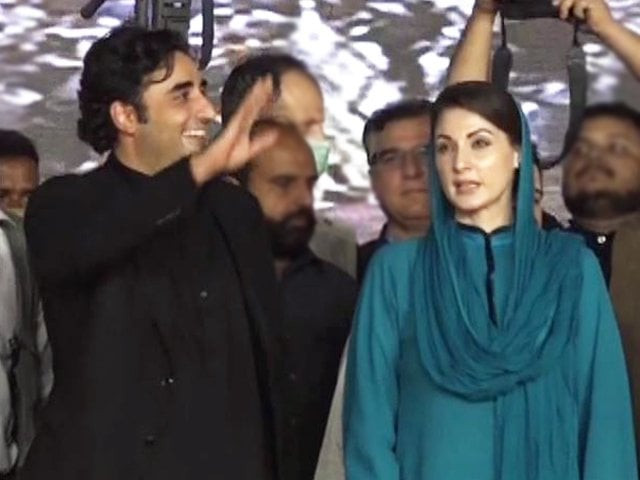
As much as the coronavirus pandemic dominated the news cycle in 2020, the year had its fair share of political showdowns. The Pakistan Tehreek-e-Insaf government and the opposition remained at each other’s throats throughout and will be taking their political battle to 2021 as well.
For all the criticism Prime Minister Imran Khan’s first national government faced, it must be given credit where it’s due. Despite political differences, the ruling party managed to pass much of the legislation needed to steer the country out of the Financial Action Task Force’s (FATF) grey list. The achievement came despite vociferous protests from the opposition, which the government saw as an attempt to seek a new ‘National Reconciliation Ordinance’ (NRO).
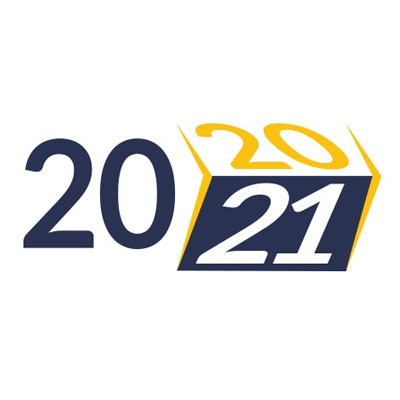
While criticised early on, the government was able to successfully see the country through the first wave of Covid-19 with a combination of smart lockdowns and enforcement of precautionary SOPs. The ruling party was also able to secure a victory in the Gilgit-Baltistan elections amid a constant trading of rhetoric with the opposition.
In an unprecedented move, the government made public inquiry reports into the wheat, sugar, petroleum and medical crises that rocked the country in 2020. However, it was unable to take concrete action against those named in the reports and many of them it seemed were even shown leniency.
The ruling party also made the assets of the premier’s advisers and special assistants public, although it moved away from its pre-election rhetoric by insisting there was no harm in assigning key positions to dual nationals.
Where Premier Imran repeatedly insisted that he would not spare the ‘corrupt’ and let himself be blackmailed into announcing another NRO, the promise of accountability could not move beyond arrests. The National Accountability Bureau even found a place in the government’s two-year performance report.
Still as tough as 2020 was for the government, it was as bad if not worse for the opposition too. Leader of Opposition Shehbaz Sharif was arrested, followed by his son and Punjab Assembly opposition leader Hamza Shahbaz. In the last week of the year, their senior Pakistan Muslim League-Nawaz compatriot, former defence minister Khawaja Asif was arrested as well. PML-N’s erstwhile rival and current PDM ally Pakistan Peoples Party was not let off easy either, as Khursheed Shah was also arrested on corruption charges.
Facing the NRO rhetoric from the centre and finding themselves under constant pressure from graft cases, the opposition co-opted the ruling party’s slogan. In a slew of public speeches, PDM leaders announced they too would not grant Premier Imran and his party an NRO.
That confrontation grew and still continues to escalate, and the opposition came together to form the Pakistan Democratic Movement (PDM), which seeks the ruling party’s ouster. The political temperature increased when opposition leaders dragged the army and ISI chiefs into their rhetoric in another unprecedented event of 2020.
As the country marches towards the Senate elections in March amid opposition parties’ threat of mass resignation, the ruling party is eager to hold polls as early as possible in view of a likely victory. Observers believe controlling the Senate by snatching a majority from PML-N would allow the PTI to overcome legislative hurdles and render opposition protests redundant. Indeed, this fear is what many believe is galvanising a PML-N-PPP alliance in PDM.
Unwittingly, Prime Minister Imran was compelled to retreat from some his populist promises in 2020. While he tried to stay firm on not raising electricity prices for domestic consumers, he gave in before the year ended. The promise to reduce circular debt to zero by December collapsed under its own weight, and the perennial national challenge remains one of the biggest the government faces. Meanwhile, gas prices too increased significantly, putting additional pressure on Pakistanis already suffering from inflation and unemployment.
Where the PTI once vowed to take the national flag carrier to new heights, 2020 under its watch ended being devastating for Pakistan International Airlines. Already struggling after international Covid-19 restrictions brought the global aviation sector to a screeching halt, PIA suffered a double blow when the aviation minister revealed in parliament that 30 per cent of Pakistani civilian pilots had fake licenses.


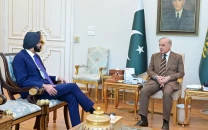

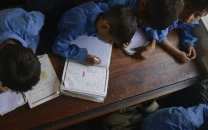

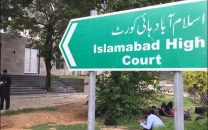












COMMENTS
Comments are moderated and generally will be posted if they are on-topic and not abusive.
For more information, please see our Comments FAQ